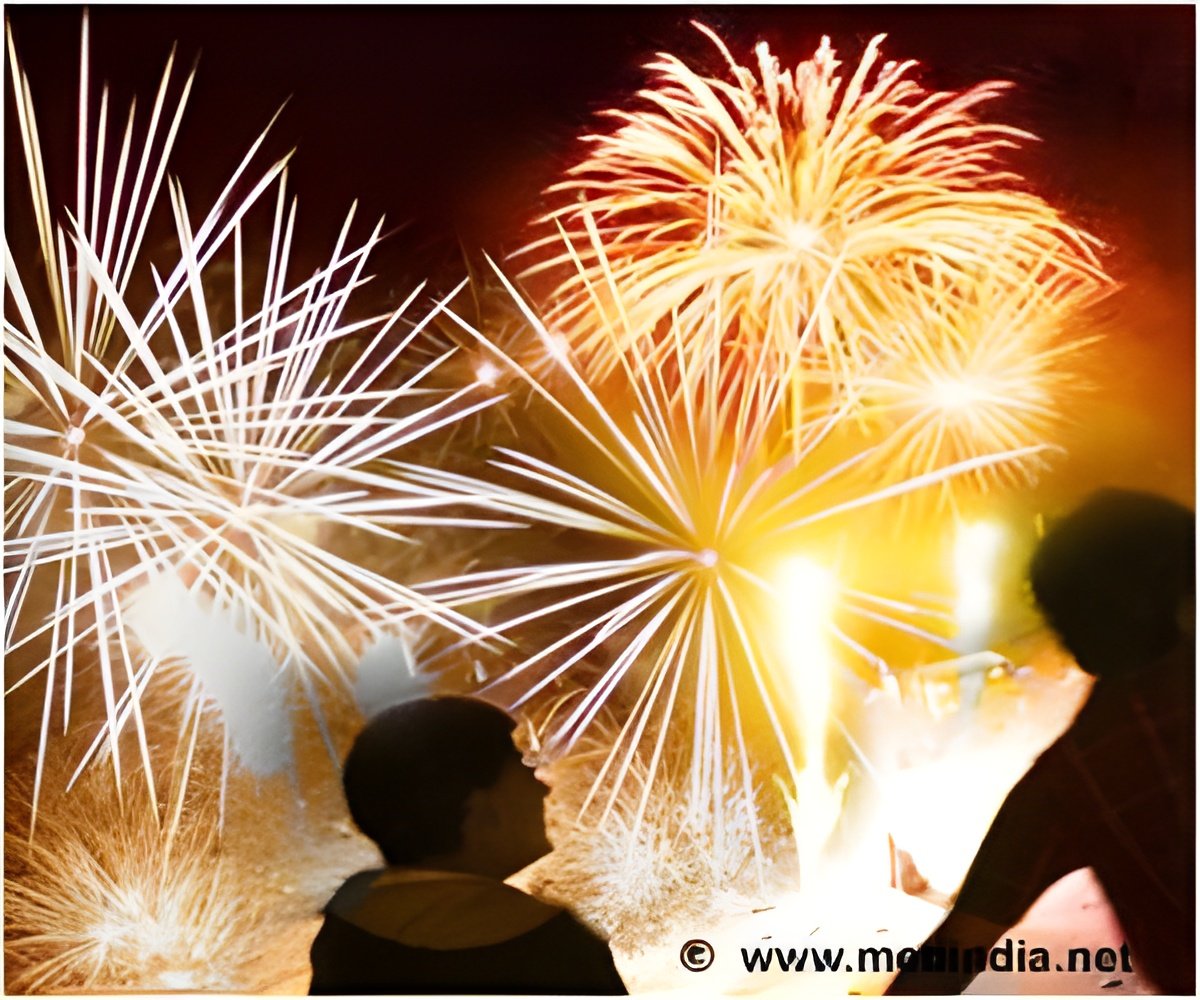The need for celebrating a cracker-free Diwali to prevent pollution and save the environment was promoted by students in West Bengal's Siliguri District.

Deepika Mittal, a schoolteacher, said: "The only message from this rally was to stop using such harmful gases for the sake of the environment because Diwali does not say that burst crackers. It is a waste of so many rupees. So, if we use this money for some social cause or some good cause, it will be so good for us, and even god will be so proud of us."
Firecrackers form a major part of Diwali celebrations. Every year during Diwali, pollution levels are quite high largely because of the firecrackers, but the traffic intensity also goes up during this time.
Diwali will be celebrated on Tuesday this year with great fervour and gaiety all over India as it marks the return of Hindu god Lord Ram to Ayodhya in northern India after he defeated Ravana, the powerful king of Lanka.
Legend says millions of lamps were lit when Lord Ram returned after 14 years of exile in forests and after he defeated Ravana.
Diwali is also celebrated in honour of Lakshmi, the Hindu goddess of wealth and prosperity. It is believed that Goddess Lakshmi, signifying prosperity, showers her blessings upon those homes that are clean and well lit.
Advertisement
"Kids are the one who are so excited about crackers and because they are so excited, most accidents happen to the kids. So, if kids will promote this message, even the elders will stop bursting crackers," she said.
Advertisement
Improvements in air quality after Delhi imposed rules making auto-rickshaws and buses run off liquefied natural gas have been partly offset by new cars on the road-and their numbers have nearly doubled over the last decade, thanks to rising incomes.
Indians are at high risk of respiratory ailments, heart disease and lung cancer, according to recent World Health Organisation (WHO) data that showed Delhi's air had almost 10 times the recommended level of PM10 particulate matter, or particles small enough to penetrate to the deepest part of the lungs and cause health problems.
The air in the Indian cities measured ranges between 80 and 251 micrograms per cubic metre of PM10. The WHO recommends not exceeding 20 micrograms per cubic metre.
But firecracker-free Diwali campaigns have not been entirely successful, with most revellers looking forward to the noise and lights as part of the festival fun.
Source-ANI














